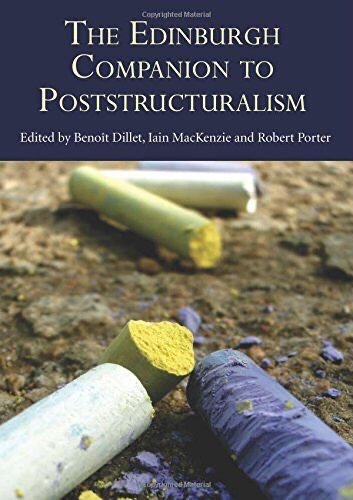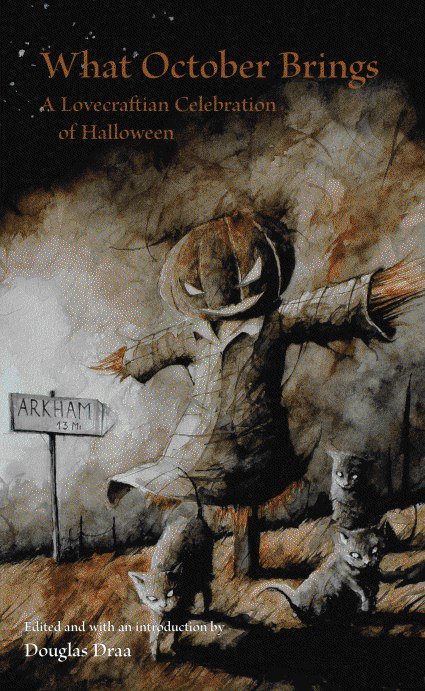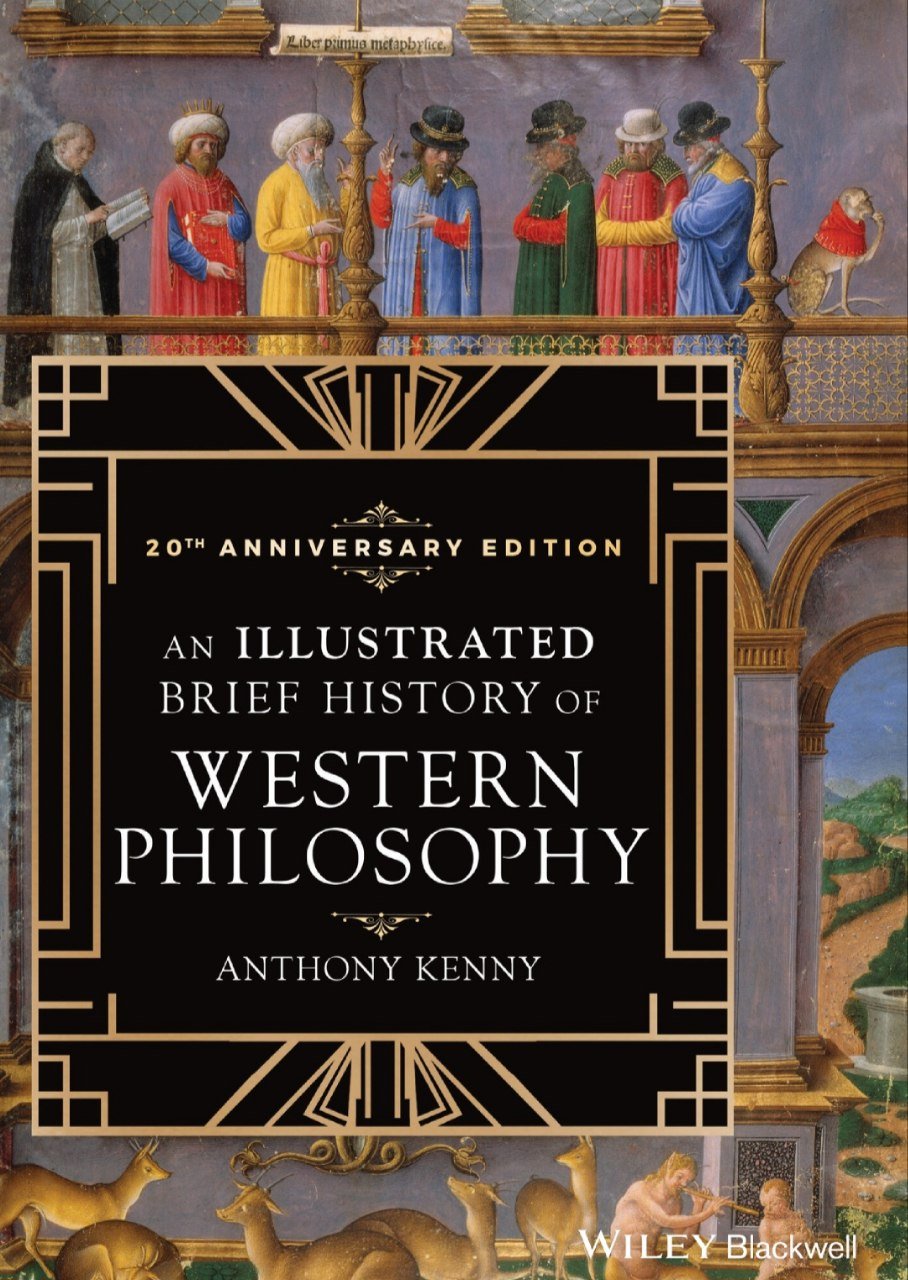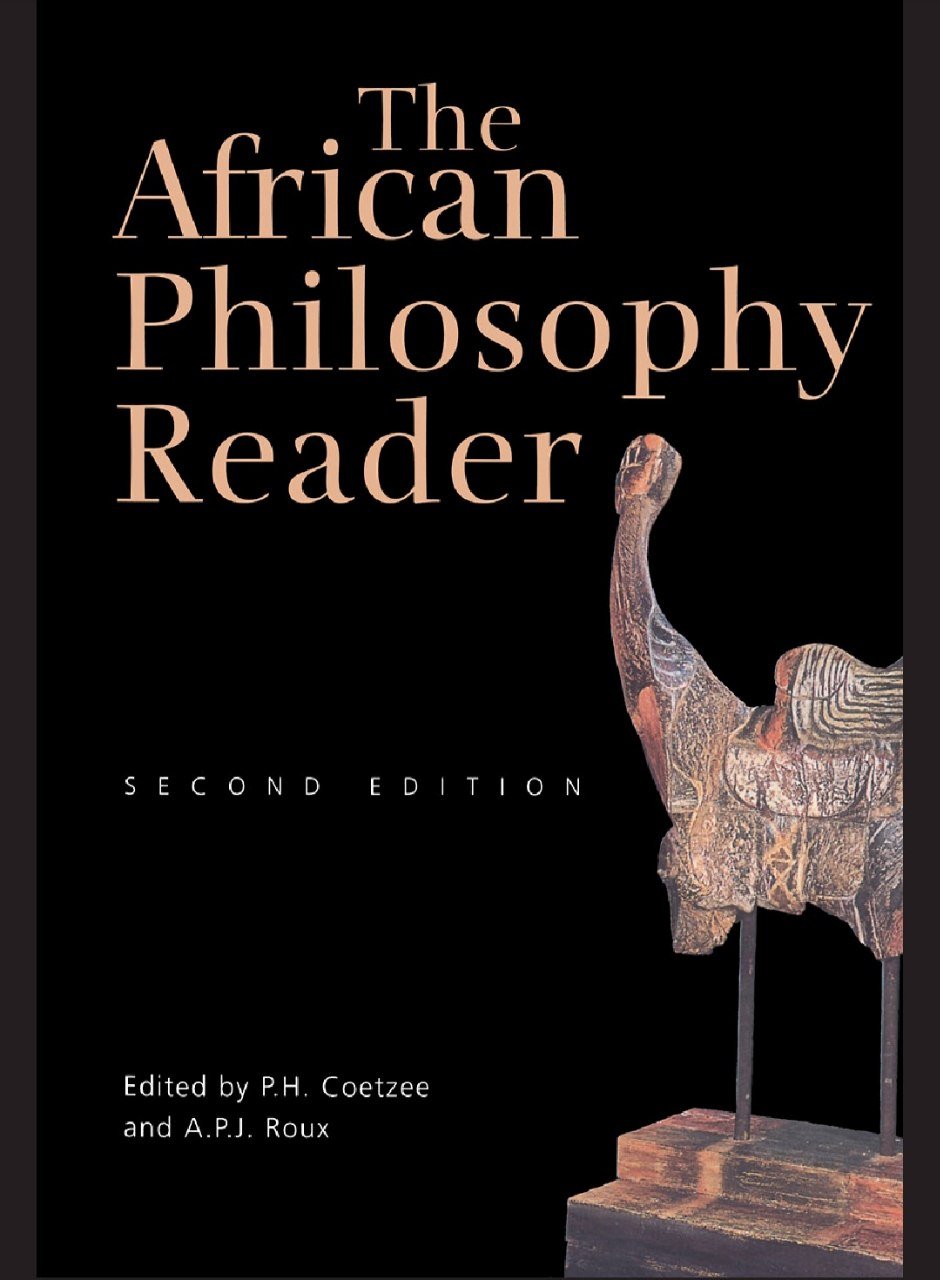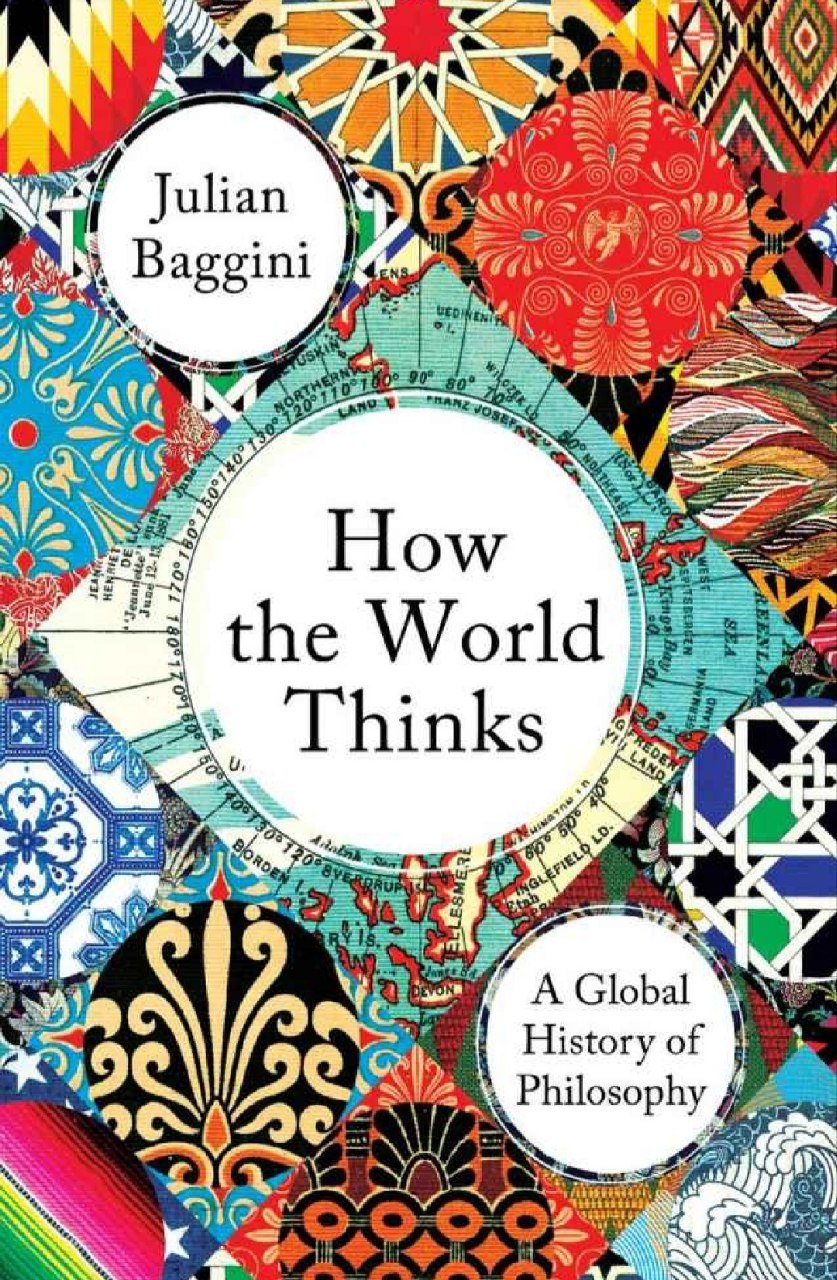

Thinking the Problematic by Oliver Leistert and Isabell Schrickel
Reviews
No review yet. Be the first to review this book!
Description
Thinking the Problematic: Genealogies and Explorations between Philosophy and the Sciences, edited by Oliver Leistert and Isabell Schrickel, is an interdisciplinary volume that undertakes a deep investigation into the concept of "the problematic" as a methodological and ontological category that bridges philosophy and the sciences. The book traces the genealogies of the problematic through key philosophical figures—most notably Henri Bergson, Gilles Deleuze, Gaston Bachelard, and Georges Canguilhem—while simultaneously exploring its relevance for contemporary scientific inquiries and practices. At its core, the collection argues that thinking through problems is distinct from solving them in predetermined ways; instead of treating problems as obstacles to be overcome, the authors emphasize problems as generative fields of potentiality that shape modes of inquiry, experimentation, and knowledge production. The problematic is presented as a dynamic, open-ended space of investigation that resists reduction to simple solutions or fixed frameworks, encouraging instead a continuous process of questioning and transformation. This approach draws from Deleuze’s conception of the problematic as an ontological condition of thought itself—where problems are not defined by their solutions but by their capacity to generate new modes of existence and thought. Contributors such as Esther Meyer, Jean-Baptiste Vuillerod, Thomas Ebke, Celia Lury, Christoph Brunner, and Martin Savransky engage with diverse fields, including sociology, anthropology, media studies, and epistemology, showing how the problematic can serve as a lens to understand complex scientific processes, from data-driven research to social and cultural experimentation. The book situates the problematic within both historical and contemporary contexts, examining how it has informed critical debates in the philosophy of science, particularly concerning scientific revolutions, paradigms, and epistemic breaks. The editors argue that embracing the problematic enables a rethinking of the relationship between theory and practice, emphasizing the contingency, situatedness, and historicity of knowledge production. Rather than offering definitive answers, Thinking the Problematic encourages an ethos of experimentation and openness that allows for the emergence of new concepts, practices, and ways of knowing. Through its rigorous and nuanced analyses, the book provides an essential contribution to contemporary philosophical debates on method, epistemology, and ontology, as well as offering insights into how the sciences themselves grapple with and enact the problematic in their pursuit of knowledge. It is a crucial text for philosophers, social theorists, and scholars interested in science studies who seek to explore how problems—understood not as puzzles to be solved but as dynamic sites of inquiry—continue to drive both philosophical reflection and scientific innovation.













 May 03, 2025
May 03, 2025






.jpeg)



.jpg)

.jpeg)
.jpg)



.jpg)

.png)
.jpeg)























.jpg)








.jpg)



.jpeg)

.jpg)




.jpg)


.jpg)
.jpeg)







.jpg)



